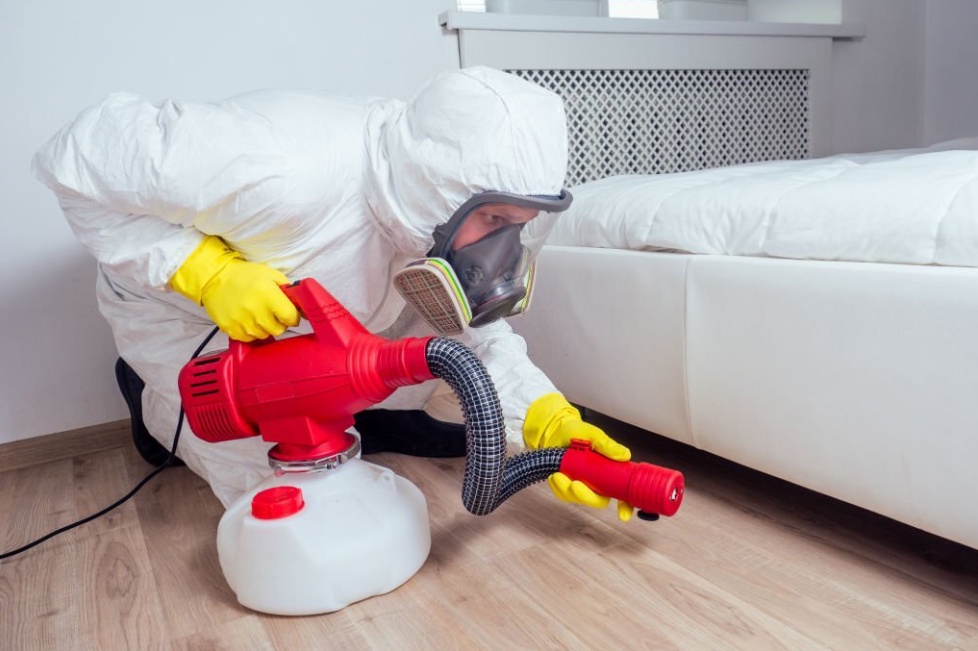In the delicate balance of nature, every living organism plays a crucial role. When it comes to pest control, nature offers its own defenders in the form of natural predators. These beneficial organisms have evolved to feed on pest species, helping to keep their populations in check. By harnessing the power of nature's defenders, we can achieve effective and eco-friendly pest control without relying on harmful chemicals. In this comprehensive guide, Pest Control Mount Waverley will explore the world of natural predators and how they contribute to sustainable and balanced pest management.
The Role of Natural Predators
Natural predators are organisms that feed on other living organisms. In the context of pest control, they target and consume pest species, reducing their numbers and limiting potential damage. Natural predators are diverse, ranging from insects to birds, mammals, and even certain plants.
Beneficial Insects
Insects are some of the most well-known natural predators in pest control. Ladybugs, for example, feed on aphids and other soft-bodied insects, while praying mantises prey on a variety of pests. Additionally, lacewings and parasitoid wasps play essential roles in keeping pest populations in check.
Birds as Pest Controllers
Birds are valuable allies in natural pest control, especially in agricultural settings. Many bird species, such as swallows and bluebirds, are insectivores, consuming large numbers of insects daily. Providing suitable nesting sites and food sources can attract these pest-controlling birds to agricultural areas.
Bats and Rodents
Bats and certain rodent species, such as the barn owl, are nocturnal predators that actively hunt for insects and small pests during the night. Installing bat boxes and owl nesting boxes can encourage these natural predators to take up residence near agricultural or residential areas, aiding in pest management efforts.
Amphibians and Reptiles
Amphibians, like frogs and toads, as well as reptiles such as certain lizard species, are voracious insect consumers. They play crucial roles in natural ecosystems by limiting pest insect populations and promoting ecological balance.
Carnivorous Plants
Some plant species have evolved to become natural predators. Carnivorous plants, like Venus flytraps and pitcher plants, capture and digest insects to supplement their nutrient intake from the soil. These unique plants can contribute to pest control in specific environments.
Supporting Natural Predators
To harness nature's defenders effectively, it is essential to create habitats that support their presence. Encouraging biodiversity, providing shelter, water sources, and native vegetation can attract and sustain natural predators in agricultural and urban landscapes.
Implementing Integrated Pest Management (IPM)
Integrating natural predators into Integrated Pest Management (IPM) practices enhances pest control efforts. By combining various strategies, such as cultural control, biological control, and targeted pesticide use as a last resort, IPM maximizes the impact of natural predators while maintaining ecological balance.
Avoiding Harmful Chemicals
One of the significant benefits of using natural predators in pest control is the reduction in chemical pesticide use. By avoiding harmful chemicals, we protect beneficial insects, birds, and other non-target organisms, contributing to a healthier and more sustainable environment.
Educating and Raising Awareness
Educating farmers, gardeners, and the general public about the importance of natural predators is crucial. Raising awareness about their role in pest control encourages people to appreciate and conserve these beneficial organisms, fostering a more harmonious coexistence with nature.
Conclusion
Nature's defenders, the natural predators, hold the key to effective and eco-friendly pest control. From insects and birds to bats, rodents, and even carnivorous plants, these organisms contribute to maintaining a balanced and sustainable ecosystem. By supporting and harnessing the power of natural predators, we can achieve pest management that is not only effective but also beneficial for our environment and future generations.
As we continue to explore and understand the intricate web of life, let us embrace the role of natural predators as allies in our quest for a greener and healthier planet.


No comments yet